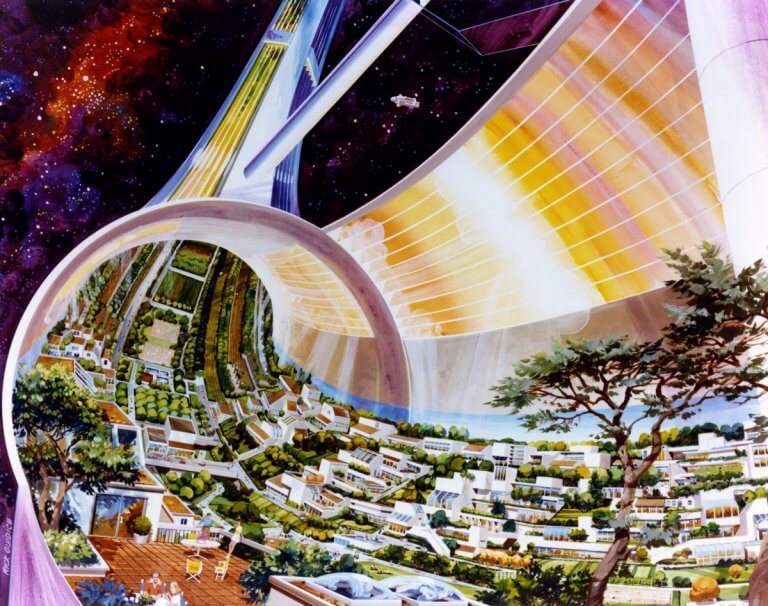Study International Staff
10 Apr 2018

Living on the moon or other planets might seem like a lofty dream reserved to science fiction, and until now it has been.
A new research centre at the Tokyo University of Science, however, aims to change this. Led by Japan’s first female astronaut, the Space Colony Research Center will have 30 researchers dedicated to exploring ways that humans can live in colonies on the moon or Mars.
This article was originally published on our sister website Asian Correspondent.
Liked this? Then you’ll love…
Australia’s new national space agency to help students reach for the stars in STEM








